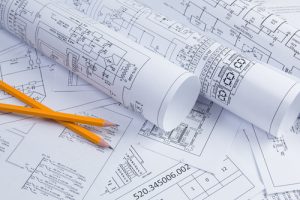
Companies that conduct research and development that leads to products being manufactured in the United States would enjoy a bigger tax break under legislation recently introduced by U.S. Sen. Pat Roberts (R-KS).
Private investments in research and development activities in the United States have increased at an annual rate of just 1.6 percent since 2000. Countries like Germany, Japan and South Korea now outspend the United States on research and development as a share of gross domestic product (GDP).
The Invent and Manufacture in America Act would address those issues by increasing the value of the research and development (R&D) tax credit by up to 25 percent for companies that manufacture products in the United States. The tax break would increase based on increases in a company’s domestic manufacturing operations.
“Research and development in new technologies and new products is an important source of economic growth,” Roberts said. “The new technologies, products and lower prices generated by investments in R&D create new jobs, raise wages and create new demand for goods and services. Our legislation would increase cash flow for small businesses and start-ups involved in R&D intensive activities by reducing past, current and future tax liabilities leading to permanent tax savings.”
Research indicates that companies can double productivity by co-locating manufacturing and research and development operations. However, more than 5 million U.S. manufacturing jobs have been lost since 2000, and 70,000 plants have closed, as companies have shifted manufacturing overseas.
Speaking in support of the bill, Keith Roe, the president of the American Society of Mechanical Engineers, said the Invent and Manufacture in America Act would amplify the success of the research and development tax credit.
“When American innovations are manufactured abroad, we surrender our competitive advantage,” Roe said. “This bill will strengthen innovation at home and make the United States more competitive globally by encouraging more domestic R&D and manufacturing. When goods and technologies are manufactured where they are invented, it promotes further advances and allows the entire innovation pipeline to reinvigorate itself more quickly.”
Roberts introduced the bill with bipartisan support from U.S. Sen. Chris Coons (D-DE).



